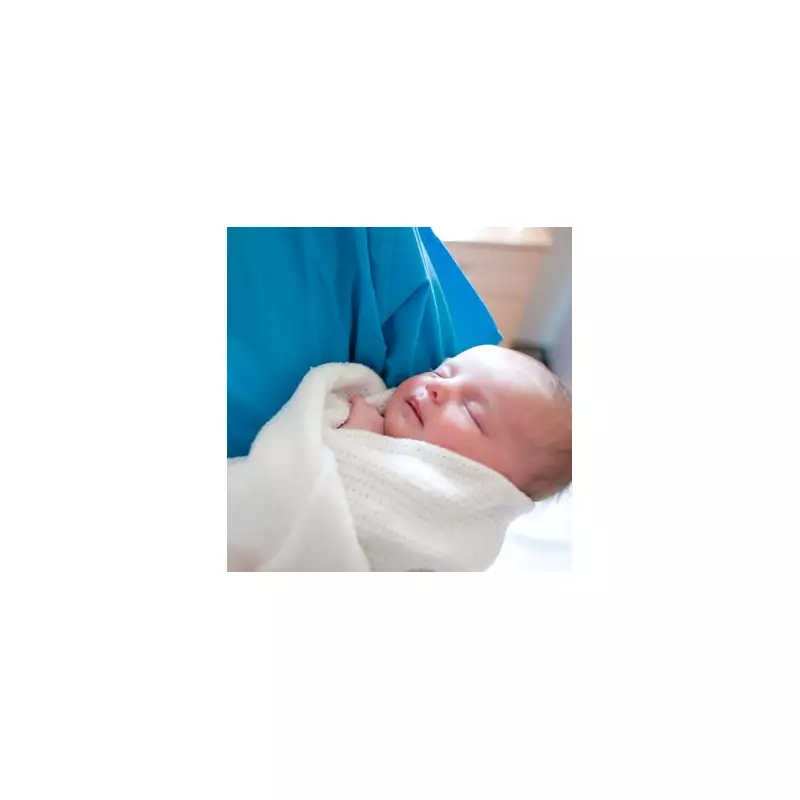
A groundbreaking IVF technique that creates babies using DNA from three people has ignited fierce debate across the UK. The pioneering method, officially approved in 2015, aims to prevent children inheriting devastating mitochondrial diseases.
How Does Three-Parent IVF Work?
The innovative procedure involves:
- Taking the nucleus from the mother's egg
- Transferring it to a donor egg with healthy mitochondria
- Fertilising the reconstructed egg with the father's sperm
This results in a baby with genetic material from three individuals - though over 99.8% of DNA still comes from the two main parents.
Public Opinion Deeply Divided
Recent polls show:
- 47% support the technique for preventing serious diseases
- 38% oppose it on ethical grounds
- 15% remain undecided
"This isn't designer babies," argues Professor Mary Herbert from Newcastle University. "We're talking about preventing children suffering from fatal conditions."
However, religious groups and some ethicists maintain concerns about "playing God" and potential long-term consequences.
The Science Behind the Controversy
Mitochondrial diseases affect about 1 in 4,300 people in the UK, causing:
- Muscle weakness
- Neurological problems
- Heart and liver failure
- Potentially fatal complications
The Newcastle Fertility Centre has been at the forefront of this research, with the first UK three-parent baby born in 2023 after rigorous safety reviews.
As the debate continues, one thing is clear: reproductive medicine is entering uncharted territory, forcing society to grapple with complex ethical questions about the future of human reproduction.





